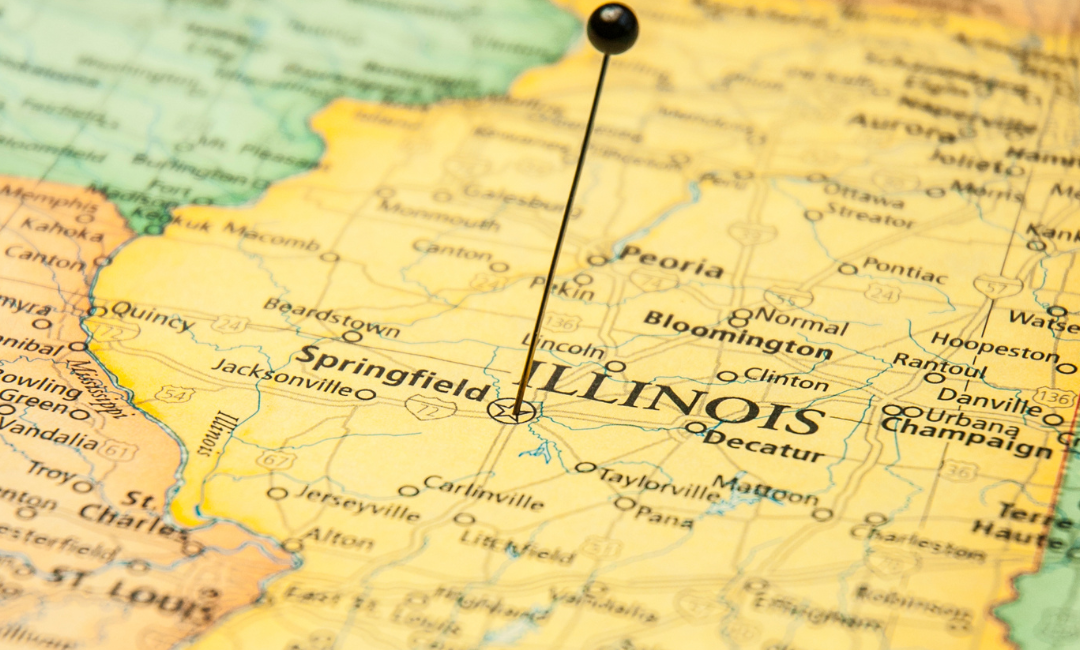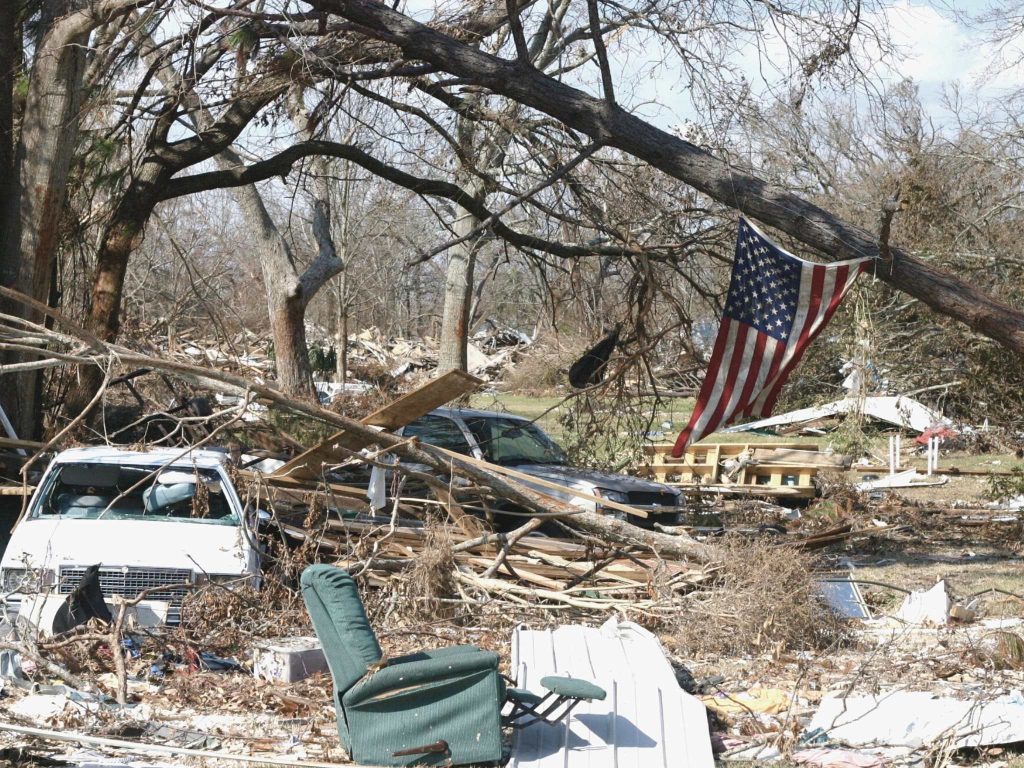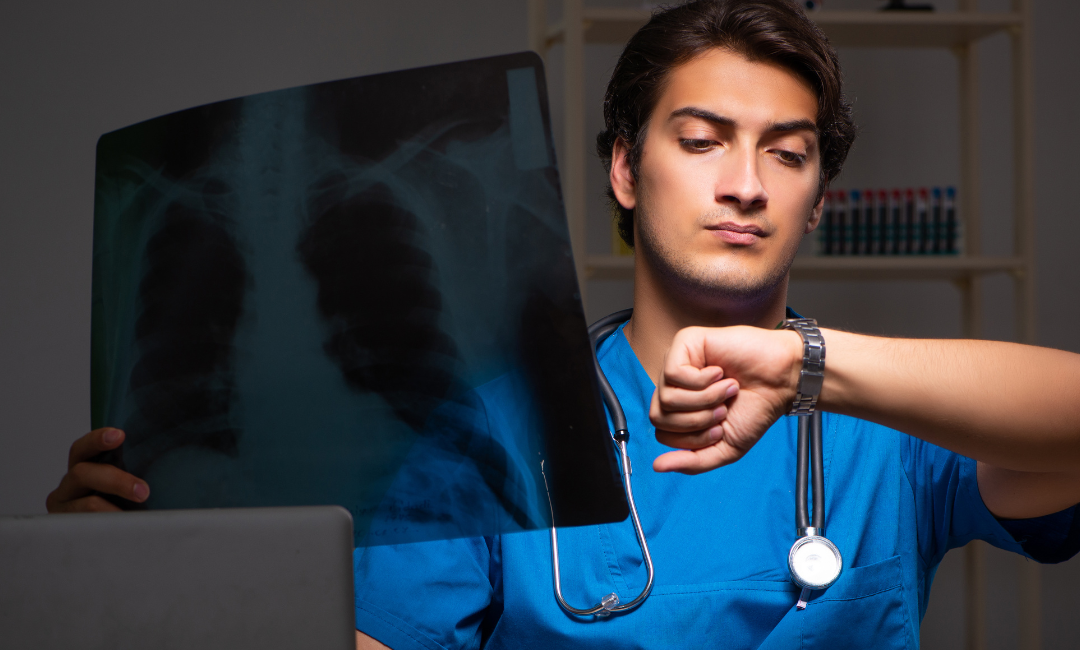What Types of Disasters Happen Every Year that Nurses Can Be a Part Of?
If you do not live in an area or region where disasters happen often, then the topic of disaster nursing may not be on your mind.
However, there are several areas in the U.S. where disasters regularly strike.
Natural disasters, unfortunately, cannot be prevented; however, the damage caused by the event may be reduced if medical professionals take advanced action to decrease the risk and vulnerability to these potentially affected communities.
Southeast – Hurricanes/Tropical Storms
The main issues surrounding the aftermath of a hurricane or tropical storm are food, water, shelter, and possibly, evacuation; the basic needs of human life.
Nurses may be responsible for evacuating patients from hospitals; all facilities have disaster preparedness plans.
During an emergency, the question remains whether to evacuate or to stay put and take shelter. Evacuations occur if a hospital or other type of facility is in harm’s way. Only the most fragile patients may be evacuated.
Update (Sept. 2021): We want to extend our compassion and gratitude to those who have been actively working to provide care to those in need amidst the terrors of Hurricane Ida.
You all are heroes, and we want to ensure that we highlight you all and thank you for your dedication to this field of service.
Western U.S. – Wild Fires
During wildfires, nurses can volunteer with major disaster relief organizations; they often camp in recreational areas surrounded by dust and smoke, serving as logistics coordinators and direct where people can safely stay.
They may also distribute supplies and provide first aid.

Many people are forced to evacuate without their medications, and patients with asthma and other medical conditions may experience severe breathing problems, as air quality is a major concern during wildfires.
For both wild fires, hurricanes/tropical storms, and various other natural disasters, it is vital that nurses address their patients’ (and colleagues’) emotional needs, as these moments can be extremely traumatic.
Challenges that Nurses May Encounter
Even with extensive training and educational preparation, nurses who learn to expect the unexpected may be more prepared in their response to a disaster.
However, nursing during these times will also come with several challenges that they may have not learned during school. Some examples include:
- Balancing their professional and personal obligations – working to help others when their own family is in potential danger
- Working with limited resources and supplies
- Facing safety threats such as violence and infectious disease
- Dealing with legal implications related to practicing outside of the nurse’s specialty area
- Struggling with ethical decisions and life and death
If you would like more information on disaster nursing, check out the ANA for educational materials.








